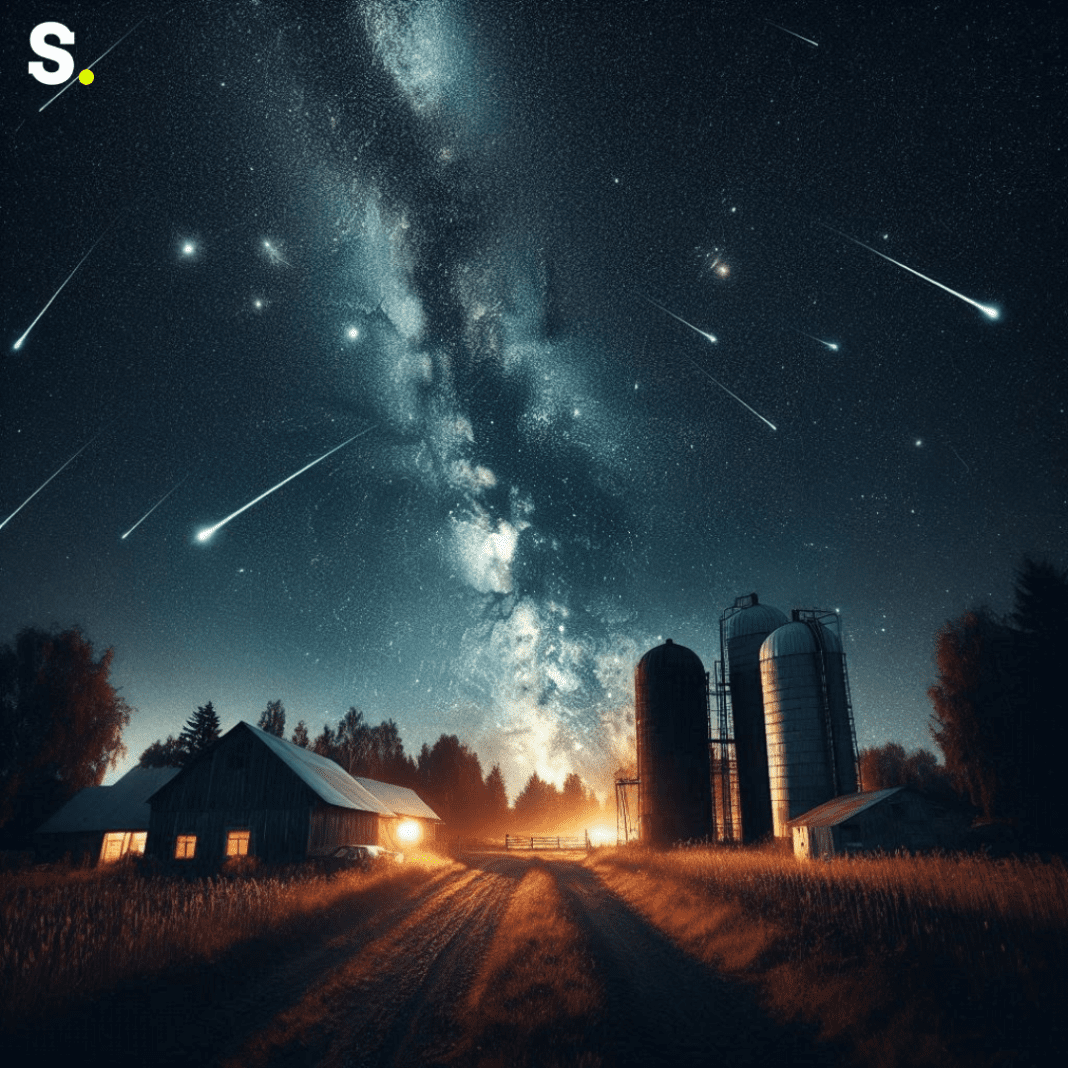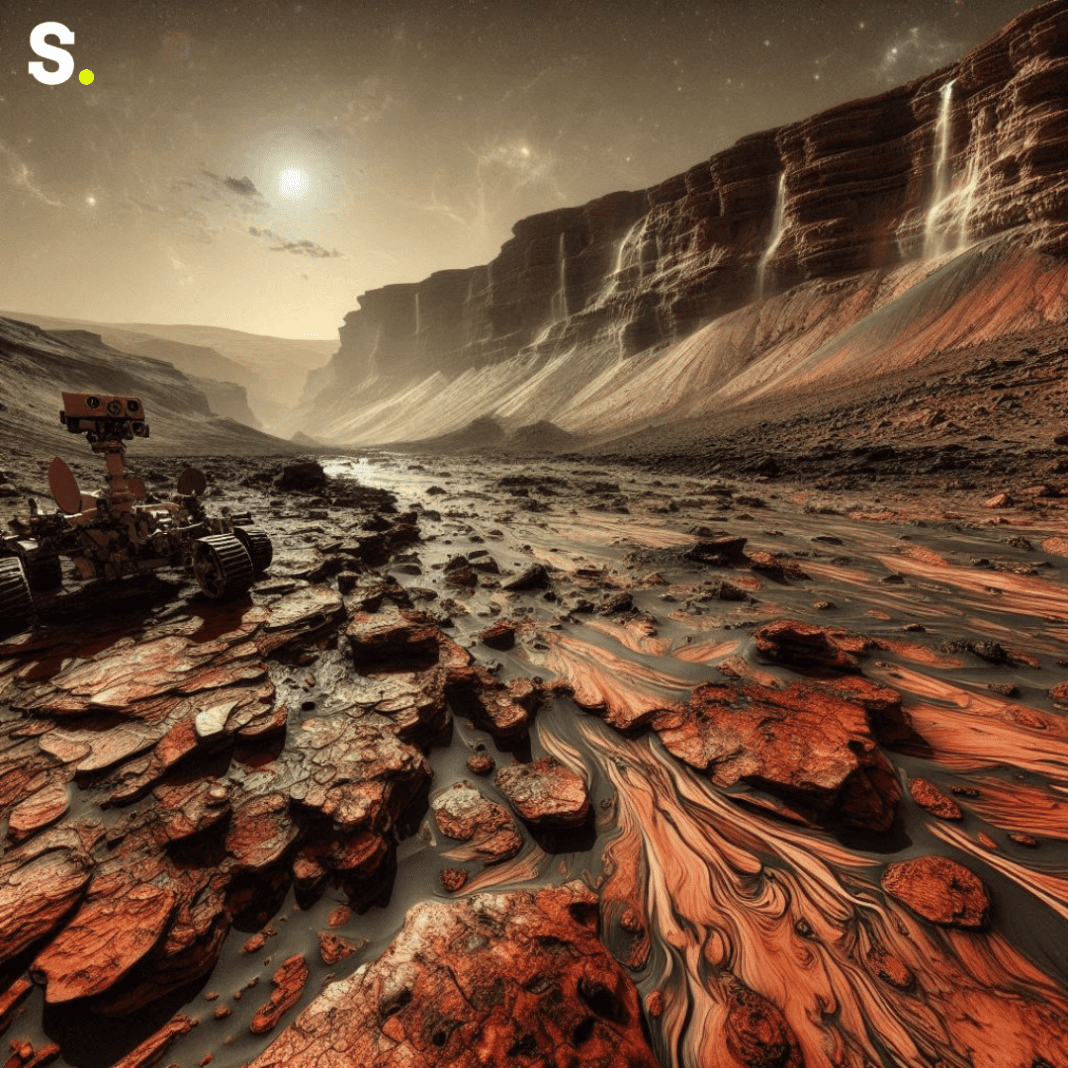The first meteor shower of the summer is set to peak in the early hours of Tuesday morning. Stargazers across the country are eagerly anticipating the sight of dozens of shooting stars streaking across the night sky every hour. This celestial event promises to be a memorable experience for anyone who takes the time to watch the heavens.
Origins of the Delta Aquariids Meteor Shower
The Delta Aquariids meteor shower has long fascinated astronomers, who have debated its origins. The leading theory points to the sungrazing comet 96P/Machholz as the source. This comet, a four-mile-wide ball of dust, rock, and ice, takes a little more than five years to complete its orbit around the sun. The comet leaves a trail of dust and debris in its wake as it moves through space. When Earth passes through this stream of cosmic litter, the particles enter our atmosphere and create the stunning meteor shower we see.
The Delta Aquariids are active from mid-July to late August, but the best viewing time is expected to be in the early hours of Tuesday morning, just before the waning crescent moon rises and brightens the sky. This brief window of darkness provides optimal conditions for spotting meteors.
This meteor shower and others like it happen when Earth moves through a comet’s dust jet. These dust particles, smaller than grains of sand, produce bright streaks of light as they vaporize in Earth’s atmosphere. The dazzling display is a result of the friction between the particles and the air, causing them to burn up and create fiery trails across the sky.
Best Viewing Conditions
During the peak of the Delta Aquariids, stargazers can expect to view 15 to 20 shooting stars every hour on a dark, moonless night. The shower is named after the constellation Aquarius, with the shooting stars appearing to originate from the direction of Delta Aquarii, a bright star in this constellation.
To find Aquarius in the sky, look for the square of Pegasus in the southeastern sky. Then, look down towards the horizon for what appears to be a bright star but is actually Saturn in Aquarius. Once you have located the right spot, gaze about 45 degrees away for the best chance of spotting the longer meteor streaks. The meteors often travel far across the sky, so scanning a wide area will increase your chances of catching one.
The key to enjoying any meteor shower is finding a truly dark location, away from city lights. The view is nicer when the sky is darker. Ideally, head out into the countryside, bring a blanket to lie on, and have a thermos of hot chocolate handy. Lying face-up on a blanket, watching and waiting for shooting stars, is the best way to enjoy this natural light show. The experience is both peaceful and exciting, offering a perfect opportunity to relax and connect with nature.
What to Expect
Of the Delta Aquarii meteors, 5-10% leave persistent trains. After the meteor has passed, these bright streaks of ionized plasma can be seen for a brief moment. Because telescopes and binoculars have narrow fields of view, it’s best to view the meteor shower with the naked eye after allowing time for your eyes to adjust to the dark. This way, you can take in the full expanse of the sky and not miss any of the action.
It’s important to avoid looking at your phone or any other light source. Your eyes take more than 10 minutes to become fully adapted to the dark, and even a quick glance at a screen can reset them, meaning you might miss some of the meteors. The anticipation builds as your eyes adjust and you start to see the sky come alive with tiny, bright streaks.
If cloud cover or moonlight interferes with viewing, don’t worry. The Delta Aquariids continue into August and merge with the more prolific and brighter Perseids meteor shower. The Perseids are known for their frequent and bright meteors, providing another chance to enjoy a night of stargazing. While summer meteor showers aren’t ideal for children due to the late viewing times, they offer a perfect excuse for adults to enjoy a romantic night under the stars.
Prepare for a magical night of stargazing as the Delta Aquariids light up the summer sky. This celestial event promises a spectacular display of shooting stars, leaving lasting memories for all who witness it. Whether you’re an avid astronomer or simply looking for a unique way to spend an evening, the Delta Aquariids meteor shower is an event not to be missed.




